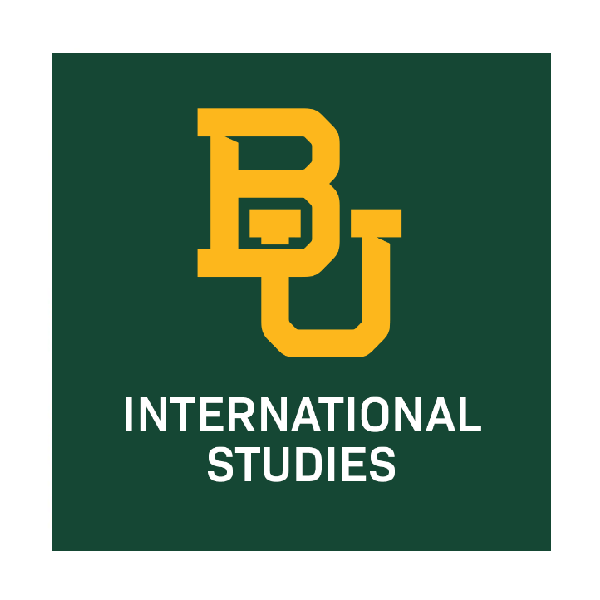Interview by Joseph Molokwu

The views and opinions provided herein do not necessarily represent the views of the Foreign Agricultural Service or of the United States.
What led you to the trade policy field and your regional focus?
As an undergraduate at Baylor, he was interested in International Relations and Russian studies. In graduate school, he decided to center his academic focus on Russia, Eastern Europe, and Eurasia. One of his elective classes focused on international trade law, and from there, it became his academic specialty, resulting in him receiving his Juris Doctorate specializing in International Trade and Finance.
What pertinent issues in your area are you most concerned about?
From a trade policy standpoint, American consumers have an increasingly hostile view of international trade, and protectionist policies have drastically risen in the last few years. These protectionist ideals, combined with the Trump administration’s objectives, led to the ongoing trade war with China. China is a critical export location due to its sizable population, and the conflict led to a series of reprisal actions, many of which harmed the U.S. agricultural sector, an example being the soybeans industry. The negative imaging has limited the government’s ability to react and created a puzzle of politics vs reality.
From an agricultural standpoint, the U.S. produces and sells a considerable surplus of grains in place of specialty crops to countries in Africa and East Asia; these crops have limited nutritional benefits for foreign consumers. It raises the question of the good of U.S. agriculture versus foreign consumers’ dietary health while ensuring food security worldwide. There is also a high degree of non-scientific assertions and biases harming the system. The European States have stringent regulations limiting Genetically Modified Organisms (also known as genetically engineered products). Chinese perception of U.S. pork as a result of sanitary additives is another challenge for American agriculture exports.
How did your experience being a Presidential Management Fellow affect your career growth?
Being a Presidential Management Fellow allowed him access to a sizable selection of federal jobs and agencies with the benefits of reduced bureaucracy. The experience granted him leadership development, meetings with global experts, and more. Even upon the program’s conclusion, the title opens new opportunities. A particularly notable experience was being attached to a delegation visiting the World Trade Organization headquarters in Geneva and sitting on a dispute panel with the Office of the United States Trade Representative. His experience with the PMF program differed from the norm as he remained attached to the United States Department of Commerce International Trade Administration throughout his tenure rather than switching agencies, a reality of the former administration’s mission objectives. However, the opportunity opened doors to further career development, such as his transfer to the United States Department of Agriculture and from the civil service to the foreign service.
What elements of your time at Baylor prepared you for federal service?
Baylor classes and discussions promoted the sharing of ideas from those with varying perspectives and opinions in a safe yet challenging environment. Learning from others and providing feedback was crucial. Service to others was a critical lesson learned during his time with the Baylor Chamber of Commerce. Baylor is among a few schools that emphasize supporting not only your fellow students but also the surrounding community.
How regularly do your advanced degrees positively impact your projects?
Advanced degrees help structure writing and diplomatic engagement. They also help advocate for projects due to your increased knowledge of the subject area. Something particular to the foreign service is preparing for a new deployment is nearly identical to earning a graduate degree in that regional area. Training is months of presentations on the region’s history, culture, philosophy, language, etc.
What advice would you give current and prospective students?
Learn to serve others; Baylor has organizations and events such as Stepping Out, the Chamber of Commerce, and the Student Foundation. The earlier you learn to serve the interests of an institution more significant than yourself, the easier the transition to the workforce will be. Learn about different cultures and languages, primarily through programs sponsored by the federal government, such as the Fulbright, Boren, and the Peace Corps. The federal government has hundreds of initiatives to foster the next generation of leaders. Take advantage whenever you can. For example, the FAS International Agricultural Fellowship

Joseph Molokwu (‘24) is an International Studies major and Russian minor from Lagos, Nigeria. In the Spring of 2024, he plans to be engaged with the Baylor in Washington program. His area of concentration is international trade with an emphasis on agriculture. He hopes to attend graduate school and work in trade.
